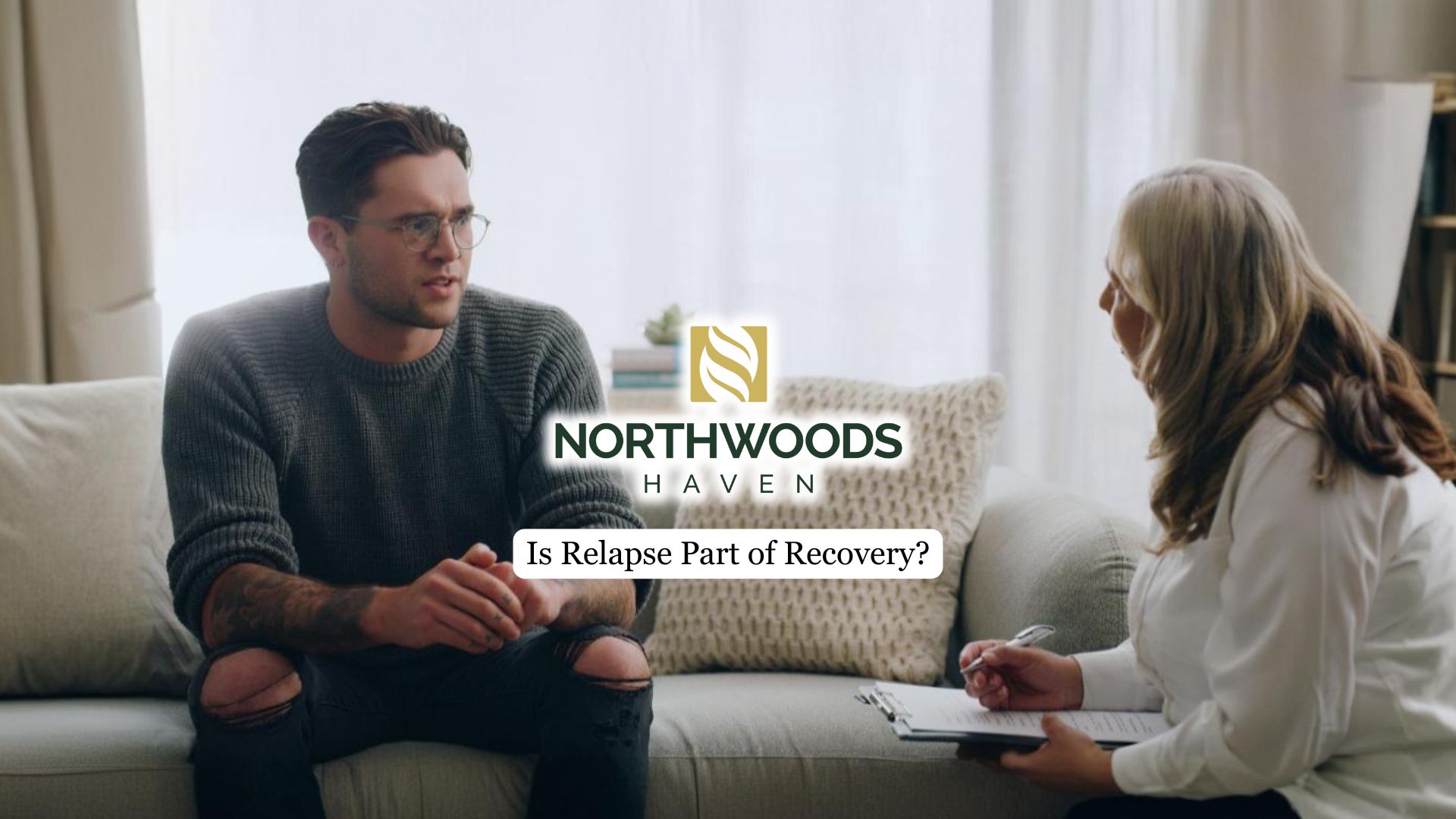While many hope that sobriety will be a straightforward path, the reality is that setbacks are common, as people in recovery experience at least one relapse within the first year after treatment. Understanding the difference between a temporary lapse and a full relapse, and learning how to respond constructively, can help individuals and their support networks approach recovery more effectively.
This article explains whether relapse is truly a part of recovery, why it happens, and how individuals can use these experiences to strengthen their commitment to lasting change.
The Myth of the Perfect Recovery
Many people believe that recovery should be a flawless, linear journey, but this belief can be more harmful than helpful. The dependent might feel like he or she is doing something wrong when faced by setbacks or temptations, but that’s not the case.
Recovery is a highly personal process that involves learning, growth, and yes, sometimes going back to harmful behaviors.
When you expect to never slip up, an unrealistic standard is set that can lead to feelings of shame and failure if you do stumble.
Instead, the idea that recovery is a winding path should be accepted, and each step, whether it’s forward or backward, is an opportunity to learn more about oneself and what is needed to sustain long-term change.
If you’re experiencing relapse, our team of addiction treatment professionals at Northwoods Haven Recovery will help guide you back on the path to sobriety.
What Triggers a Relapse?
Relapses often come from a combination of internal and external factors. Stress, anxiety, depression, and unresolved trauma can make the dependent more vulnerable to slipping back into old, harmful patterns.
Encountering triggers like people, places, or situations associated with the addiction can also spark a relapse. Overconfidence in one’s recovery, being away from support systems, and failure to address underlying issues can set the stage for a setback.
Recognizing the dependent’s triggers is very important for developing a solid relapse prevention plan. By identifying high-risk situations and cultivating healthy coping mechanisms, the individual struggling with addiction is better equipped to navigate the challenges that arise on the recovery journey.

Stages of Relapse
The first stage, known as emotional relapse, begins before any conscious thoughts of using substances resurface. During this phase, individuals may experience mood swings, anxiety, irritability, isolation, and neglect of self-care routines, such as healthy eating or regular sleep.
Although there is no active desire to use, these emotional and behavioral changes quietly undermine recovery and set the stage for the next phase. If these warning signs go unaddressed, the process moves into mental relapse, where an internal struggle emerges.
Individuals begin to think about using again, romanticize past substance use, experience cravings, and may even start planning when and how they would relapse. This stage is marked by a tug-of-war between the desire to remain sober and the temptation to use, making it increasingly difficult to resist old habits.
If mental relapse is not interrupted, it culminates in physical relapse—the actual act of returning to substance use.
Support Systems: Why You Shouldn’t Go It Alone
As you travel the winding path of recovery, one of the most powerful allies you can have is a strong support system.
Surrounding yourself with people who understand your struggles, recognize your wins, and hold you accountable can make all the difference. Whether it’s family, friends, a therapist, or a support group, having a network of people to lean on reminds you that you’re not alone.
They can offer a listening ear, practical advice, and a safe space to process your emotions. In moments of weakness, they’ll be there to lift you up and help you stay the course.
Redefining Success in Recovery
Redefining success is a key part of the recovery journey. It’s not about getting everything right or never making mistakes. It’s about moving forward, resilience, and self-compassion.
Celebrate the small victories, like resisting a craving or even just reaching out for help. Recognize that setbacks don’t erase your hard-won growth.
Relapses can show you and your support group the areas where you need more support or alternative coping strategies. They’re not failures, but opportunities to course-correct and recommit to your well-being.
Waking up each day and choosing to continue the long journey, no matter how many times you relapse, is an encouraging sign that you’re on the road to a successful recovery.
Final Thoughts from Northwoods Haven Recovery
Your recovery journey is unique, and relapses are most often part of the process. Don’t let the fear of relapse hold you back from pursuing a life of sobriety.
At Northwoods Haven Recovery in Minneapolis, Minnesota, you can start your journey to recovery with our compassionate team of addiction and mental health professionals. Our rehab programs provide a safe, supportive environment where individuals can break free from addiction, build a strong foundation for recovery, and start their journey of recovery.



